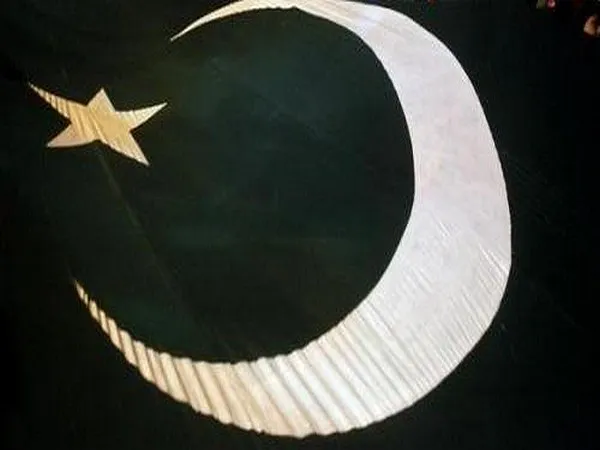Pakistan has become a significant threat to Iran and Afghanistan’s relationship. Because of their own reason, Pakistan doesn’t want Iran to grow closer to Afghanistan, reported Afghanistan Diaspora Network.
Despite Iran and Afghanistan sharing the same history and natural ties on religious, cultural, linguistic, and economic lines but their relationship is always tested on trust and now, Pakistan has become the spoilsport in their ties.
Pakistan always sees Iran through the prism of Tehran’s relation with India which pushes Islamabad to counter the threat emanating from closer Iran-Afghanistan relations which could have a natural extension to India, according to the Afghanistan Diaspora Network.
Iran and Afghanistan’s relationship with time has become more bitter, especially, after Pakistan extended its support to the Taliban, and the targeting of Hazara Shia by the group has put Iran in a tight spot in extending support to the Islamic Emirates against the US.
Besides this, Pakistan has been using Iran as a transit point for trafficking heroin sourced from Afghanistan. As evident from the recent report by North Atlantic Treaty Organization (NATO), the whole supply chain of drug trafficking from Afghanistan is completely controlled by Pakistan.
To guise the source, Pakistan uses the route of Iran to traffic the drugs to South and Southeast Asia. This has brought tremendous strain to the relationship between Iran and Afghanistan, reported Afghanistan Diaspora Network.
Iran and Afghanistan signed the friendship treaty in 1921. Both countries, initially face disputes over the sharing of water rights of Helmand River diversified into other domains with the Iranian revolution and the rise of the Taliban. Their relationship reached its worst point in 1998 when the Taliban killed eight Iranian diplomats and an Iranian journalist during the occupation of Mazar-e-Sharif in the north of Afghanistan. And now it turned to worst.
Iran wanted to improve its relationship with Afghanistan and for that reason, Tehran kept its Mission in Kabul. Iran tried to capitalize on the shelter provided to some leaders of the Taliban during the US presence in Afghanistan. But the expectations of Iran remain unfilled. Here again, Pakistan used its influence with the Taliban to ensure that the tide doesn’t change. This coupled with a lack of representative government from the Taliban, targeting of Hazara Shia and a huge influx of refugees from Afghanistan has slowed down any visible progress in the relationship.
Iran wants the Taliban to officially recognize the Shia Jafari school of thought as part of Islamic jurisprudence tradition as the Taliban government codifies a new constitution for Afghanistan. Iran also wants the Taliban to adhere to the 1973 water treaty regarding the flow of the Helmand River and keep the Kamal Khan Dam open. Tehran has demanded that the Taliban leadership have to take steps to contain the flow of refugees, while Taliban leaders have raised the ill-treatment of Afghan refugees in Iran as a major problem, according to the Afghanistan Diaspora Network.
It is a factor that the Taliban is the best vanguard in its fight against Islamic State in Afghanistan, as it would be hard for the Fatemiyoun Brigade to operate without consent from the Taliban leaders. Pakistan doesn’t want any other elements to operate with the Taliban and wanted to control the Taliban, especially the Haqqani network completely. Leaders in Iran continue to see the Taliban as a proxy of Pakistan.
It is imperative for the Taliban to demonstrate otherwise. This is the first step towards normalising and putting the relationship on a growth trajectory. A stable and growing relationship with Tehran is important for the Taliban to show to the world that Pakistani agencies do not bind them, to diversify the relations and thereby increase the possibility of faster international recognition, reported Afghanistan Diaspora Network.

